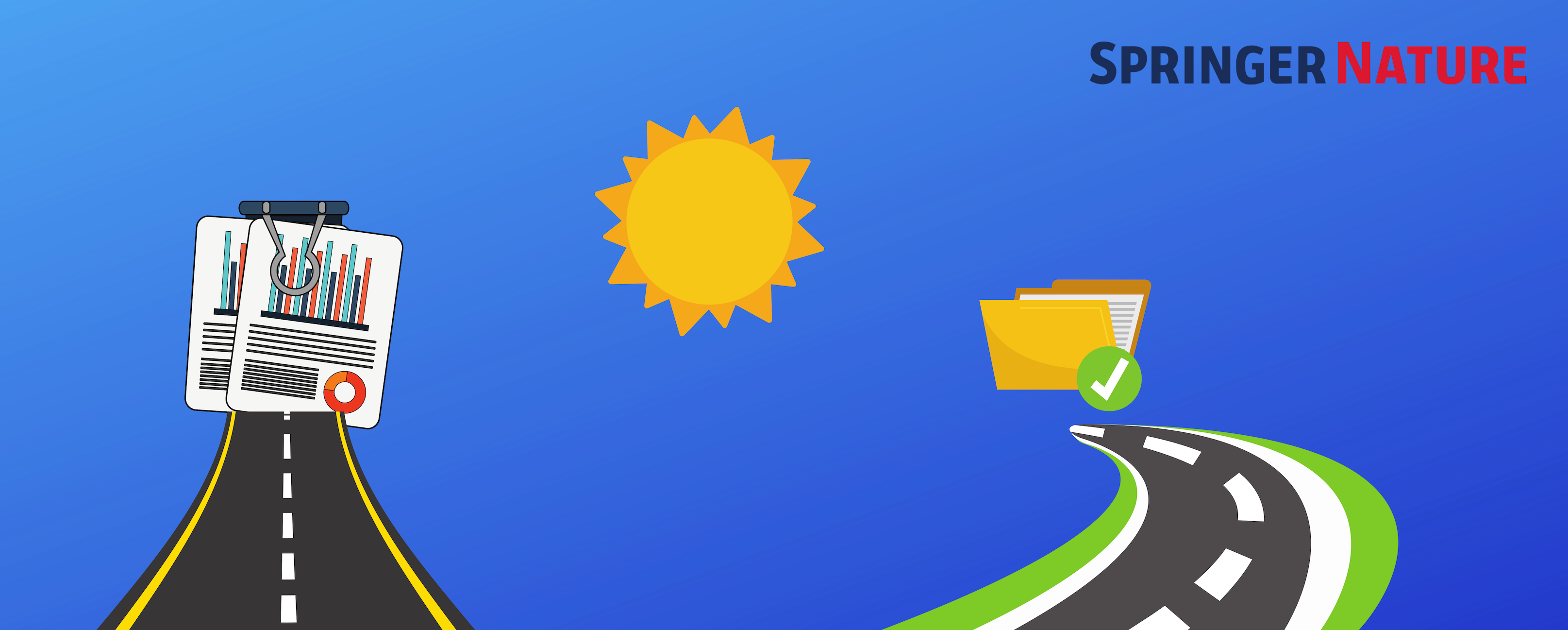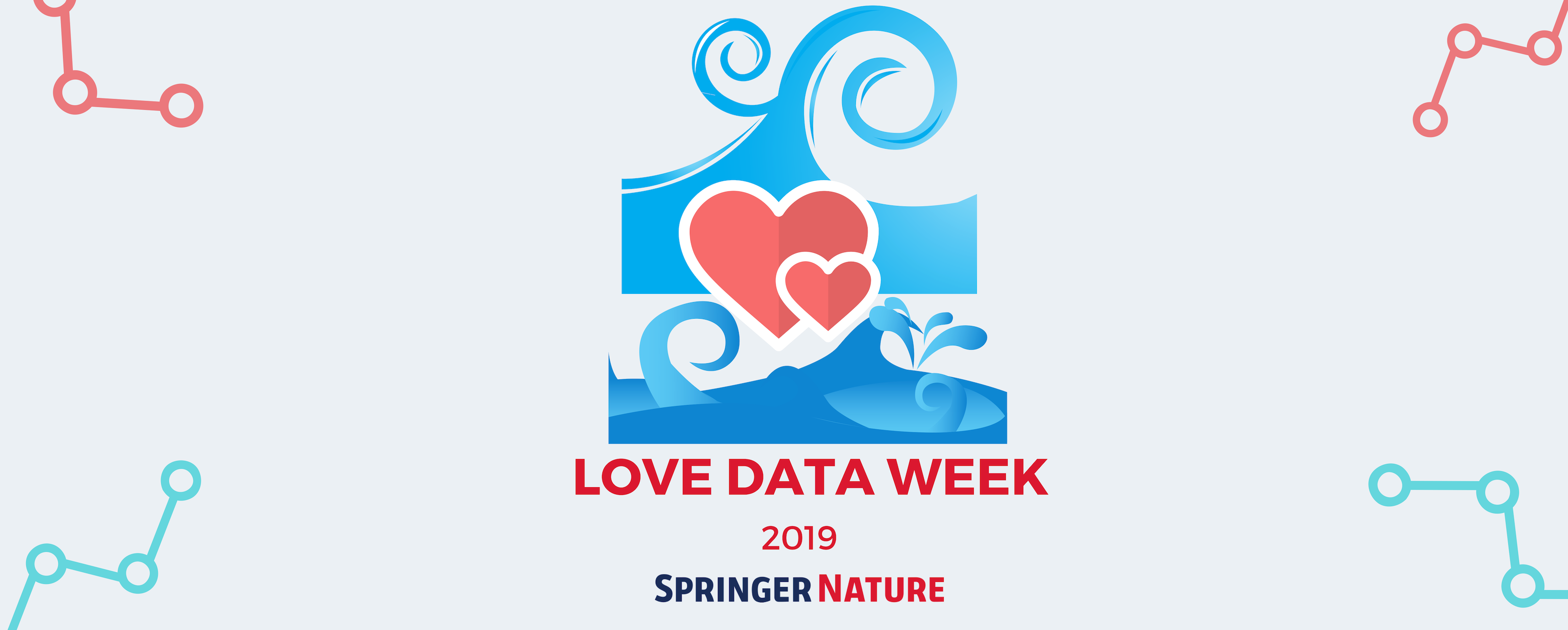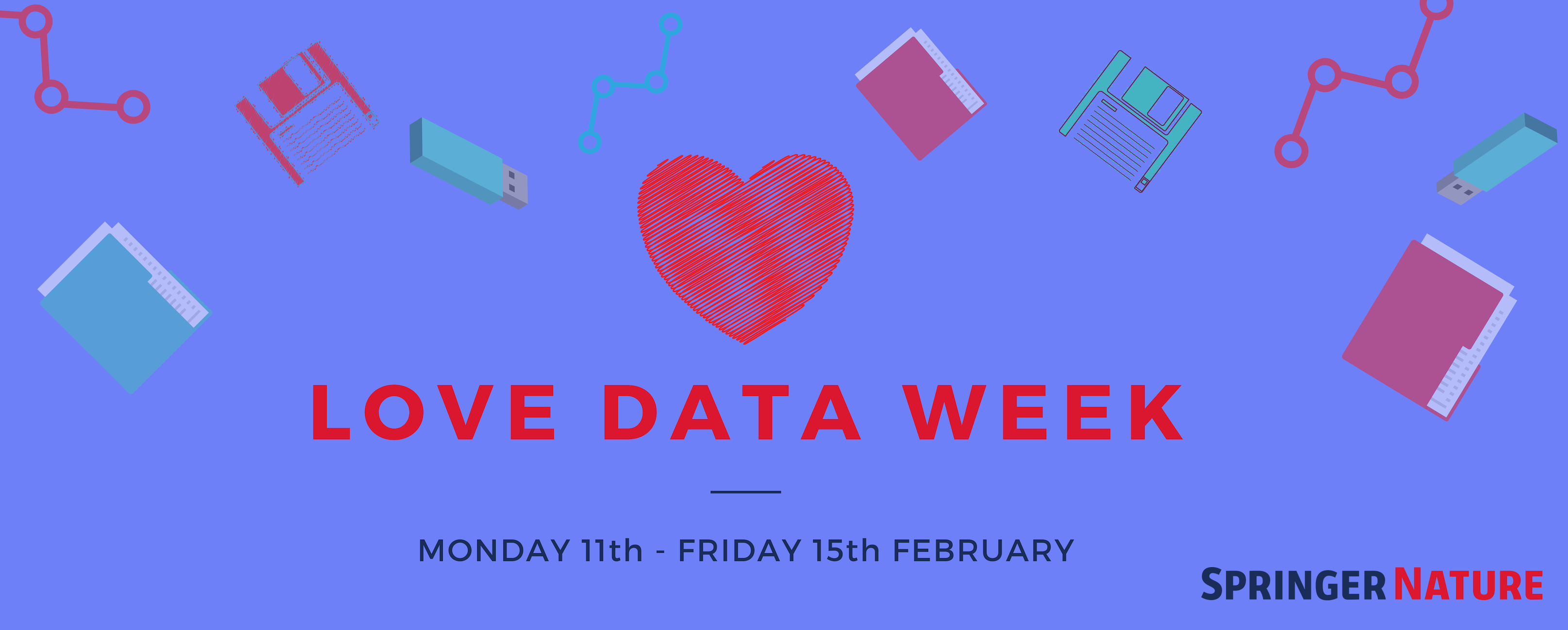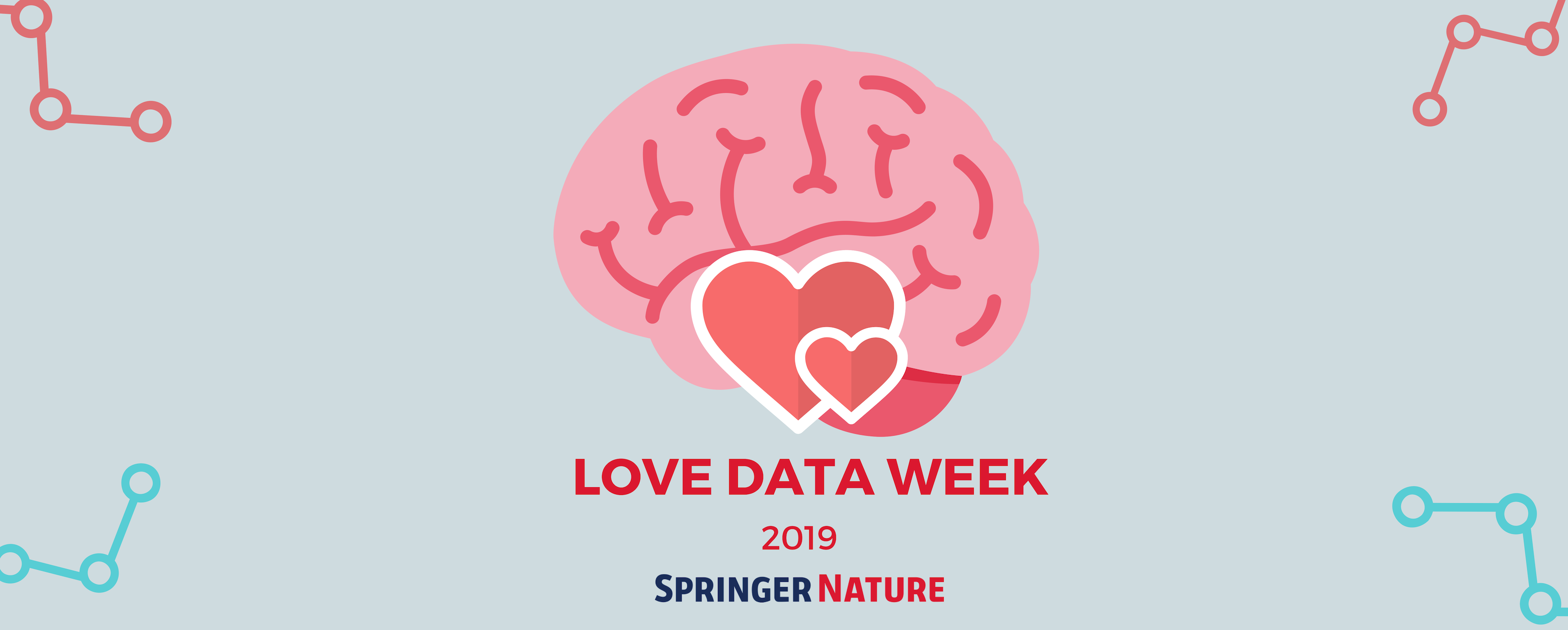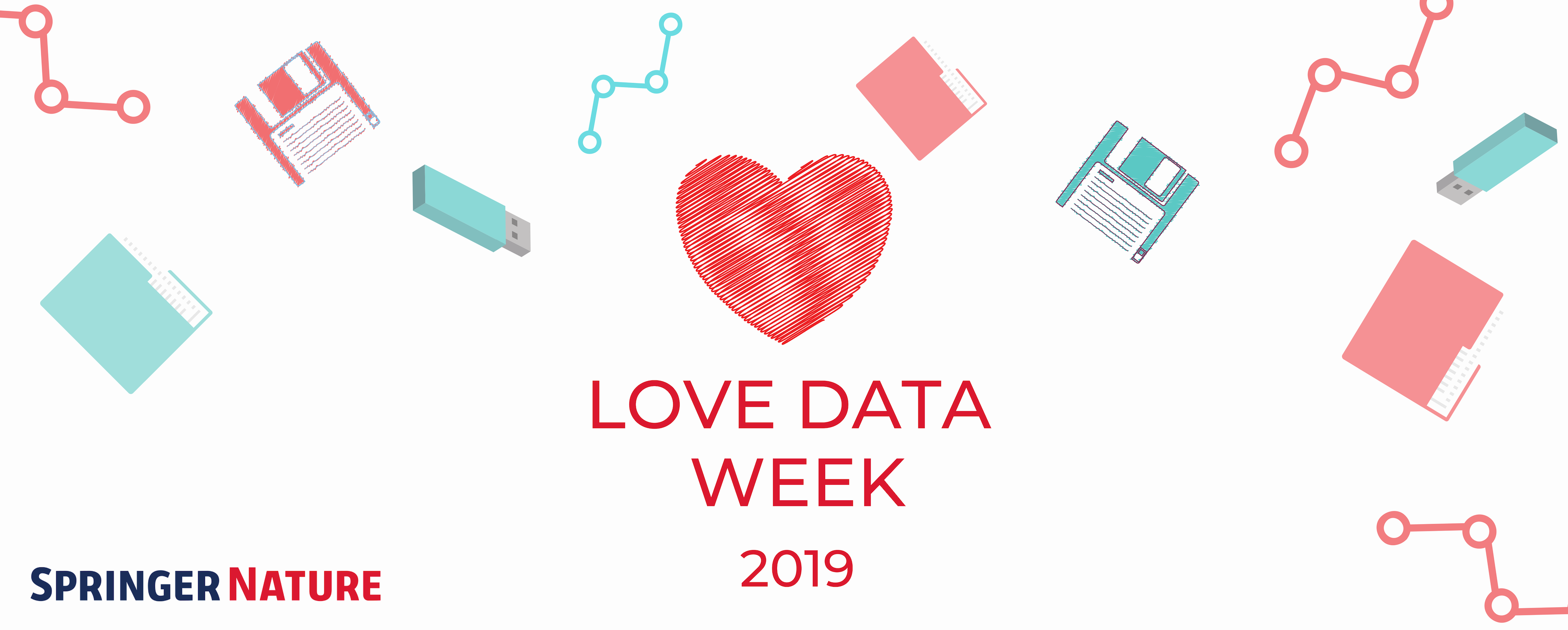The Approaching Horizon of Research Data in Europe and Beyond
Last month the 14th Academic Publishing Conference in Europe was held in Berlin, Germany. Grace Baynes, Vice President of Data and New Product Development at Springer Nature, was there to provide insights on research data and make a compelling case on why openly sharing those data is valuable. Her talk focused on researchers’ attitudes and the challenges globally that will affect access to research data in the future. New mandates and policies in Europe that support greater access to research data, are evidence that the value of research data, both financially and in the way open data accelerates the speed … Read more…


